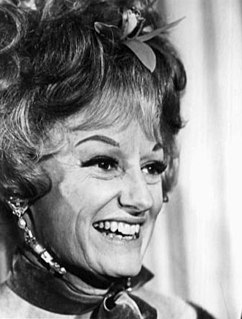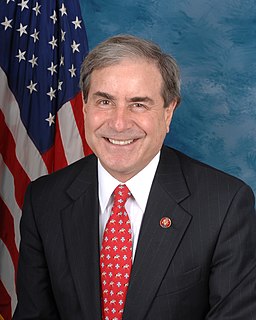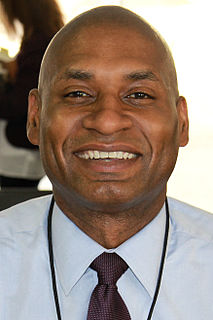A Quote by Thomas Chatterton Williams
Poverty destroys Americans every day by means of confrontations with the law, disease, pollution, violence and despair.
Related Quotes
Federal assistance helps millions of Americans escape poverty every year by providing the stability needed to take advantage of new opportunities. In fact, it is our safety net that allows full participation in the economy. More Americans purchasing goods means more Americans making them, which means more American jobs.
I must remind you that starving a child is violence. Suppressing a culture is violence. Neglecting school children is violence. Punishing a mother and her family is violence. Discrimination against a working man is violence. Ghetto housing is violence. Ignoring medical need is violence. Contempt for poverty is violence.
If mythic violence is lawmaking, divine violence is law-?destroying; if the former sets boundaries, the latter boundlessly destroys them; if mythic violence brings at once guilt and retribution, divine power only expiates; if the former threatens, the latter strikes; if the former is bloody, the latter is lethal without spilling blood
And every historic effort to forge a democratic project has been undermined by two fundamental realities: poverty and paranoia. The persistence of poverty generates levels of despair that deepen social conflict the escalation of paranoia produces levels of distrust that reinforce cultural division. Rae is the most explosive issue in American life precisely because it forces us to confront the tragic facts of poverty and paranoia despair, and distrust. In short, a candid examination of race matters takes us to the core of the crisis of American democracy (p. 107).


































